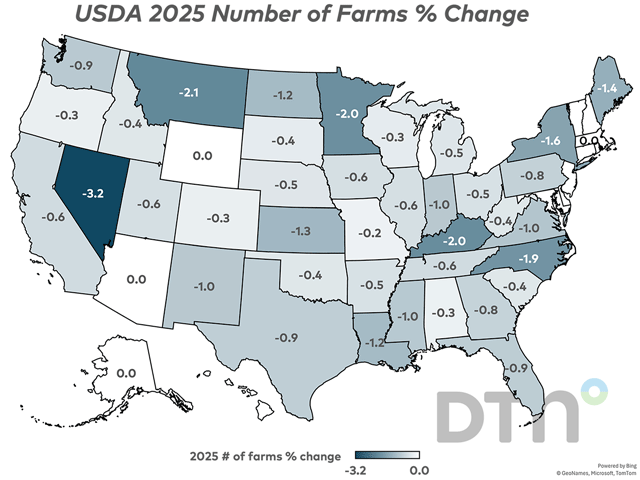Ethanol Blog
RFA: Washington State's Proposed Rule Hurts Ethanol
Washington state’s proposed clean air rule is drawing criticism from the Renewable Fuels Association primarily because ethanol receives equal carbon treatment as fossil fuels in the proposal, according to public comments filed by the RFA this week. Even low-carbon fuel standards in Oregon and California, for example, give ethanol credit as a carbon reducer.
In comments to the state of Washington RFA said the state’s proposed rule would do even more damage to ethanol markets in the Washington and could hinder the development of advanced biofuels in the state. The rule would cap carbon pollution and is set to take effect in 2017.
“The proposed rule is inconsistent with virtually every other program designed to reduce greenhouse gas emissions and could have the perverse effect of reducing or eliminating the production and use of liquid biofuels in Washington state,” RFA said in a news release Friday.
RFA said in its comments the state of Washington’s proposal essentially ignores “globally accepted bioenergy carbon accounting methods” for recognizing carbon benefits associated with biofuels and would trigger a so-called ‘poison pill’ legislative provision in the state. That provision would shift some $2 billion in funding from climate-friendly transportation investments to road and highway construction projects, if prior to July 1, 2023, any state agency files a rulemaking or implements a standard based on the carbon intensity of fuel.
The provision was designed to dis-incentivize the adoption of a clean-fuel standard a low-carbon fuel standard, or any other standard based on the carbon intensity of fuel.
P[L1] D[0x0] M[300x250] OOP[F] ADUNIT[] T[]
RFA cites analysis done by the California Air Resources Board, the Oregon Department of Environmental Quality, and U.S. Department of Energy that conclude first-generation ethanol reduces greenhouse gas emissions by 30% to 60% compared to petroleum. Those analyses also conclude second-generation ethanol reduces GHG emissions by 80% or more.
“The proposed CAR treats biofuels and fossil fuels identically, which sets a dangerous carbon-accounting precedent with potentially far-reaching impacts,” RFA said in its comments. “Other GHG cap-and-trade programs exempt biofuels from a compliance obligation because it is broadly understood that bioenergy combustion emissions are ‘carbon neutral’ (i.e., the biomass recently removed an amount of atmospheric carbon through photosynthesis that is equivalent to emissions from combustion).”
The Washington proposal recognizes the carbon benefits of biomass in exempting emissions from biomass combustion in stationary sources such as use of woody biomass to generate electricity. It does not recognize the benefits of biomass in liquid fuels, however.
“It is perplexing that this approach would be (properly) applied to stationary emissions from bioenergy production from biomass combustion, but not to emissions from liquid biofuel combustion,” RFA writes in its comments.
“Implementing the CAR as proposed would set a perilous regulatory precedent, deter investment in the state’s biofuels market and compel reduced consumption of low-carbon biofuels.”
RFA said it is concerned advanced biofuels developers would avoid the Washington market and shift investments to Oregon, California, British Columbia and other regions.
“For these reasons...we strongly urge the department of ecology to exempt biofuels from compliance obligation in the final CAR,” RFA said.
Read RFA’s comments here: http://bit.ly/…
Todd Neeley can be reached at todd.neeley@dtn.com.
Follow me on Twitter @toddneeleyDTN
Copyright 2016 DTN/The Progressive Farmer. All rights reserved.
(TN)
© Copyright 2016 DTN/The Progressive Farmer. All rights reserved.




Comments
To comment, please Log In or Join our Community .